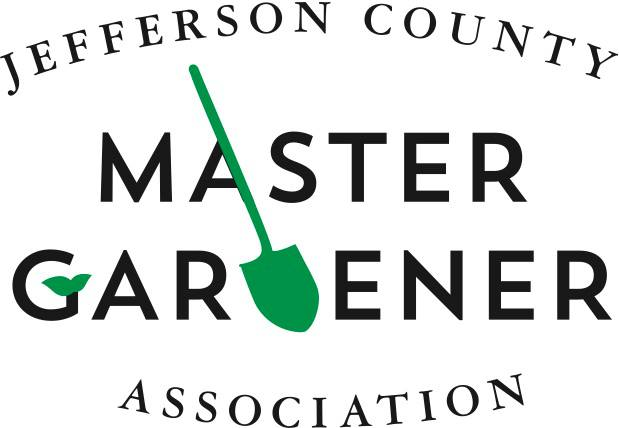Reflections of a Master Gardener Intern
MG 2019 Intern Richie Goff
After six weeks of lectures, hands-on instruction, and one long final exam, the 2019 Jefferson County Master Gardener Interns have been set loose to work on projects to beautify and educate our city. Attending classes was a very positive experience where passionate gardeners of all experience levels were able to hone their skills, and find new interests under the broad umbrella of what it means to be a gardener.
The Master Gardener program is very much about community, and immediately I made friends and connections with my classmates and instructors. There is something inherently very cathartic about getting your hands dirty to make things grow. Getting to share that experience with others who understand this process binds you pretty quickly, and having an outlet to compare notes creates a unified, yet richly diverse group. Some of the best conversations are with people who take completely different approaches to gardening than you do, which in turn gives you extra tools in your tool box when dealing with difficult situations.
Immediately I was connected with June Sandercock, who taught our first class on perennials, and was also a mutual acquaintance. I decided pretty quickly I wanted to work with her group, and weeks before classes ended I was working with them to remove weeds from Farmington Historic Plantation.
Farmington is nestled behind Sullivan University, and though you can hear the cars from the nearby highway, it feels like you’ve stepped back in time. The plantation was completed in 1816 for John and Lucy Speed, and was a thriving 550-acre hemp plantation where nearly 60 enslaved African Americans worked. Today, Farmington is raising hemp once again after being selected to be a participant in the Kentucky Department of Agriculture's Hemp Pilot Program, where they will be conducting research on growing different varieties.
We first had to tame the poison ivy and the invasive honeysuckle along the creek bed, which we worked on during our first visit and made a noticeable difference. Though Farmington has Brian, groundskeeper of 19 years, it takes many hands to keep such a large chunk of land in order, and our group is excited to get it back to its former glory.
One of our priorities is to install a traditional kitchen garden, which will have a combination of edible flowers, vegetables, and herbs. A garden like this would have been planted by the separate kitchen building in centuries past, so that fresh ingredients could be picked just steps from the kitchen door. Before anything can be planted, however, we will have to face the daunting challenge of the thick patch of ivy which has overtaken the space.
Our other current priority is to get the formal garden weeded and brought back to a healthy state. While the garden does have some nice plants-- roses, peonies, lamb’s ear, Solomon’s seal, and plenty of lilies-- it is a tad overgrown, and maybe not as traditional in its plantings as it once was. We hope to revitalize it to its past splendor, so that visitors will have a sense of how not only the house would have looked, but all the grounds as well.
In the two months that classes have been finished, I have already accumulated over 10 hours of volunteer time. It’s easy to see why with so many exciting projects going on, including the upkeep of the fabulous Hildegard House Garden June’s team tackled in years past. A friend of mine who works for Hildegard House (an organization which cares for individuals at the end of life who have no home or loved ones to care for them) told me that one of her residents loves sitting out in the garden in the evenings and putting a flower behind her ear. This resident is 102 years old, and providing her with a little slice of heaven on earth is why being a Master Gardener is so rewarding.
Submitted by Richie Goff, 2019 MG Intern



